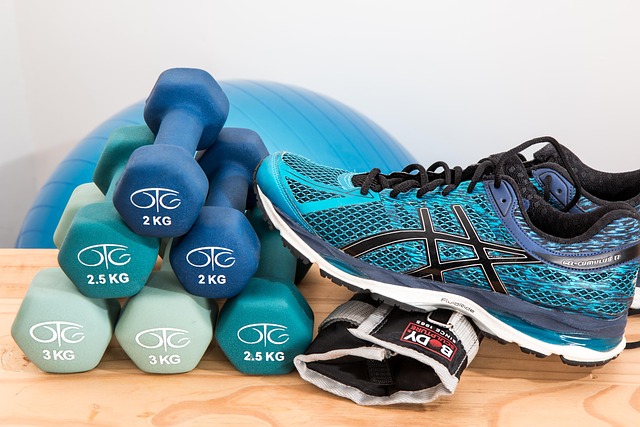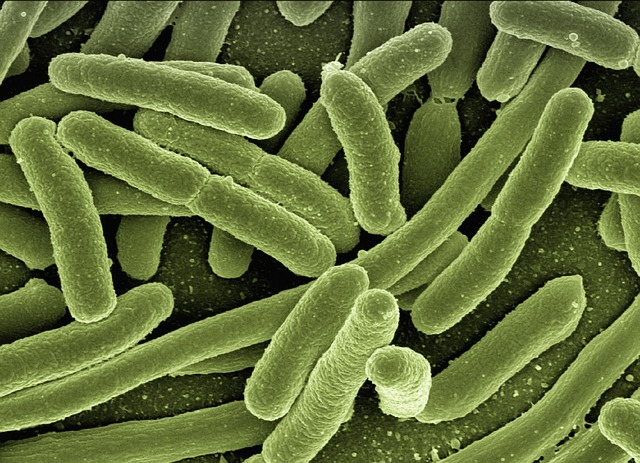When embarking on a journey towards a healthier lifestyle, cardio training is often at the forefront of many fitness routines. Engaging in cardiovascular exercise not only helps in shedding those extra pounds but also strengthens your heart and lungs, enhances your endurance, and elevates your mood. However, as we delve deeper into maximizing the benefits of your cardio workouts, it becomes evident that nutrition plays a pivotal role in the equation.
Many individuals dive into cardio training with the sole focus of burning calories. While this is certainly an important aspect, we often overlook the fact that the quality of fuel we provide our bodies can drastically influence our performance and recovery. Consuming a well-balanced diet rich in whole foods, lean proteins, healthy fats, and plenty of fruits and vegetables forms the foundation of a healthy nutritional plan.
To optimize your cardio training, consider how nutrition can enhance your performance. For instance, carbohydrates serve as a primary fuel source for your body during intense cardio sessions. Incorporating complex carbohydrates such as whole grains, legumes, and starchy vegetables can provide sustained energy, helping you to push through that last mile or complete those extra minutes on the treadmill.
Moreover, hydration is crucial. Dehydration can lead to fatigue, reducing your ability to perform at your best during cardio. Make sure to drink plenty of water throughout the day, and consider electrolyte-rich drinks if you’re engaging in prolonged cardio activities.
Furthermore, post-workout nutrition is just as important. Consuming a combination of protein and carbohydrates shortly after your cardio training can aid in muscle recovery and restore glycogen levels. This not only helps in rebuilding your muscles but also prepares your body for the next workout. Think smoothies with a scoop of protein powder, Greek yogurt with fruit, or a chicken salad stuffed with colorful veggies.
Beyond the physical aspects of nutrition and cardio training, we must consider how our dietary choices affect our mental health. Eating wholesome, nutrient-dense foods can lift our mood and energy levels, creating a positive feedback loop that encourages consistency in both exercise and healthy eating habits. As you embark on your cardio journey, pay attention to how certain foods make you feel—both during workouts and throughout your day.
Finally, remember that adopting a healthy lifestyle is a marathon, not a sprint. Incorporating both cardio training and mindful nutrition can help you develop sustainable habits that will serve you well for years to come. Embrace the process, celebrate small victories, and keep your eye on the larger goal of health and well-being. The true joy of fitness lies not just in the effort of each workout but also in the vibrant life it allows you to live.




